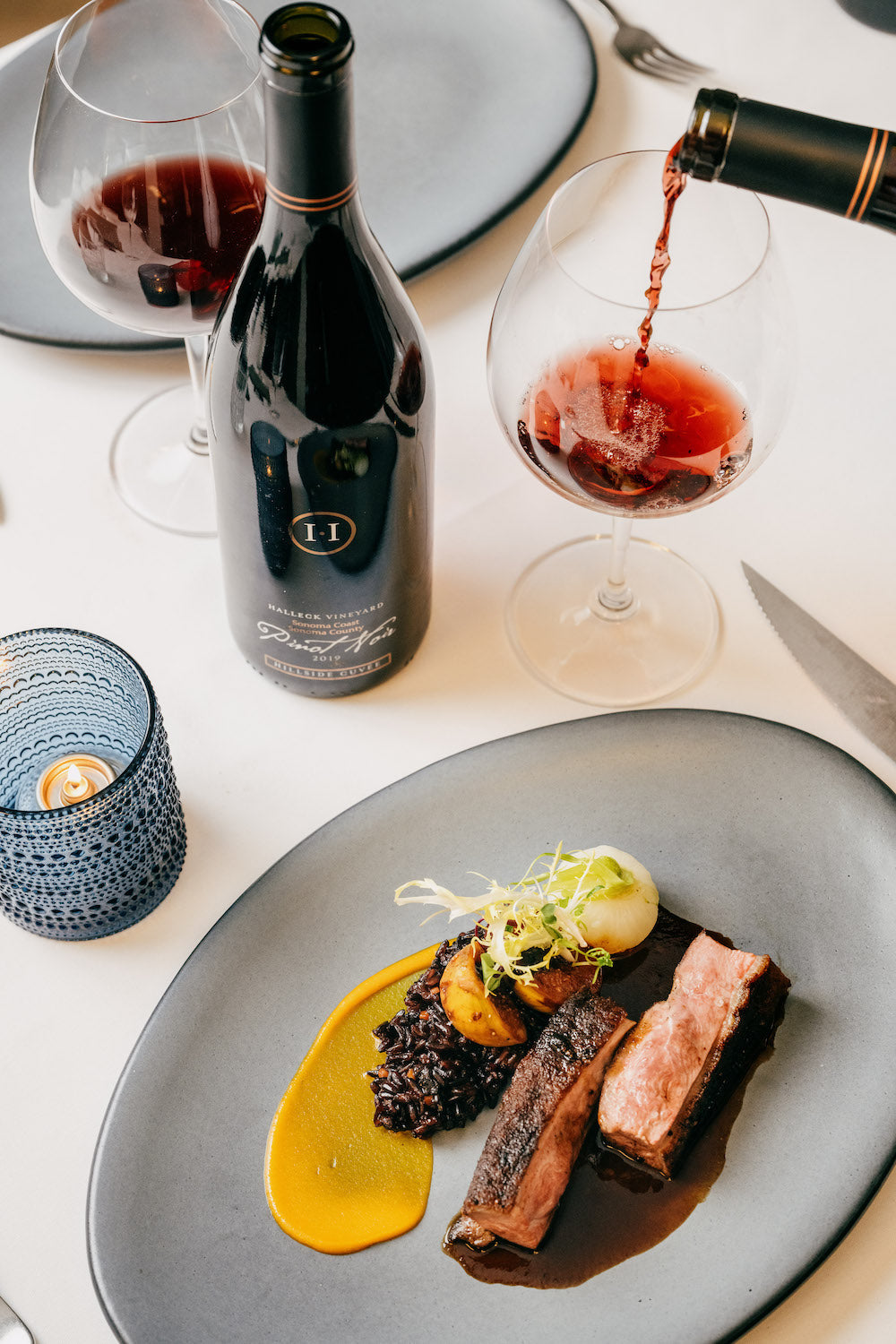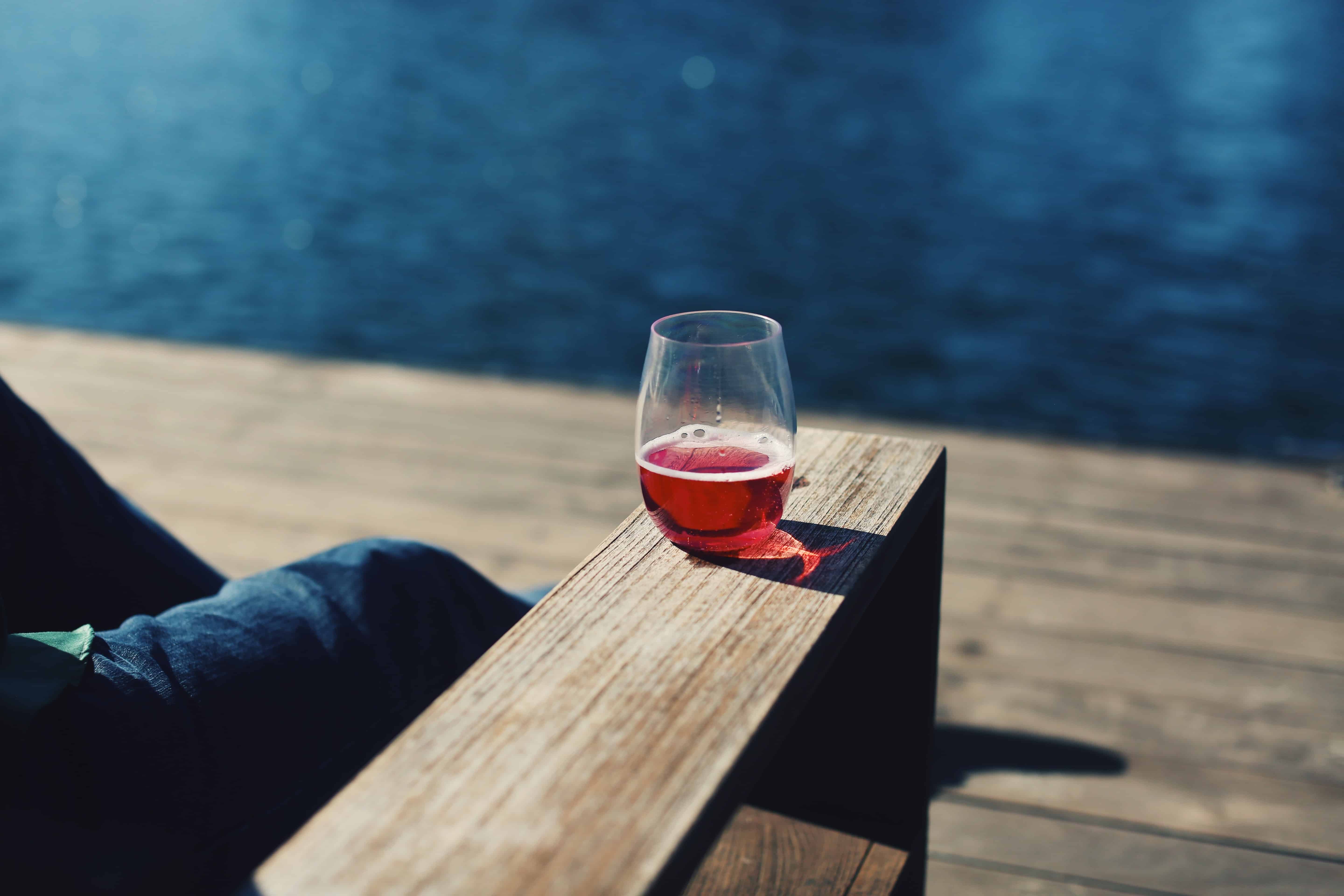Wineries Known For Sustainable Practices In Sonoma - Sonoma's Premier Wine Tasting Events
Wineries Known For Sustainable Practices In Sonoma - Sonoma's Premier Wine Tasting Events
Blog Article
Eco-Friendly Wineries In Sonoma County - Best Vineyard Visits In Sonoma
Wine tasting is usually considered an art type, one that goes beyond merely enjoying a beverage. It embraces a posh interaction of flavors, aromas, and textures that requires dedicated practice to truly grasp. Many who venture into the world of wine tasting shortly understand that it entails rather more than just sipping wine. Enhancing sensory skills via dedicated winery wine tasting can elevate the experience, transforming an off-the-cuff drinking occasion into a classy exploration of the senses.
At a fundamental degree, wine tasting engages the senses of sight, smell, style, contact, and even sound. Each component performs an important position in appreciating the nuances of a wine. When one first pours a glass of wine, the wealthy hues can present initial insights into its age and varietal. Observing the colour and clarity helps kind expectations in regards to the wine's flavor profile. Many don’t totally respect how this visible assessment can set the stage for what's to observe.
The next step is to interact the sense of smell. Swirling the glass aerates the wine, allowing its risky compounds to flee and fill the air with its bouquet. The nostril entails some fascinating layers—different aromas can signal various elements of the winemaking course of, together with the type of grapes used, fermentation strategies, and getting older conditions. Developing a eager sense of scent could be a game-changer in wine tasting.
Wineries Specializing In Sparkling Wines - Sonoma's Best Vineyards
To enhance this sensory skill, wine enthusiasts are sometimes inspired to participate in devoted tastings at wineries. These tastings allow people to focus solely on the sensory experience (Small Batch Wineries In Sonoma Valley). Tasting classes led by knowledgeable sommeliers or winemakers can provide insights into identifying distinct aromas. Learning to differentiate between floral, fruity, earthy, and spicy notes can empower a taster to articulate their experience with larger precision.
As one practices their sensory talents, they may discover that their taste preferences evolve. This transformation typically happens after a number of tastings. A wine that initially appeared overwhelming would possibly reveal hidden layers of complexity with a bit of experience. Understanding tips on how to isolate individual flavors corresponding to acidity, sweetness, bitterness, and umami contributes substantially to the general wine experience.
Another essential component in enhancing sensory skills is the context in which wine is tasted. Environmental elements like temperature, lighting, and even the corporate current can influence perceptions. At a winery, an optimum setting can scale back distractions and allow a extra profound exploration of the wine (Wineries Hosting Seasonal Events). Working Towards conscious tasting techniques encourages a extra immersive experience, permitting tasters to hone in on their senses.
It isn't solely about particular person perception, though. Participating with others throughout a tasting can also enhance sensory skills. Sharing notes and discussing impressions fosters a deeper understanding of the wine. This collaborative strategy encourages participants to articulate their sensory experiences, thereby broadening their linguistic repertoire associated to wine tasting.
Rustic Family-Owned Wineries In Sebastopol - Best Vineyard In Sonoma
Moreover, pairing wine with food can considerably improve the tasting experience. Different combinations can deliver out distinctive flavors in both the wine and the dish. As one tastes a wine alongside specific meals, they will begin to recognize how certain components within the wine complement or contrast with what they're consuming. This skill of pairing is another layer that enriches sensory growth.
Coaching one’s palate can involve a big selection of exercises. Some enthusiasts engage in systematic tasting experiences, sampling a variety of wines that showcase totally different varietals, areas, or vintages. Exploring this range can sharpen the ability to discern nuances across totally different wine profiles. Over time, this practice builds a mental library of flavors that might be accessed during future tastings.
Notably, written notes serve a twin function: organizing one’s thoughts and reinforcing reminiscence. By writing down observations about every wine, tasters can monitor their progress over time. Detailing the characteristics of wines assists in solidifying knowledge, finally deepening one’s appreciation of visite site what they consume.
Moreover, attending workshops or classes focused on sensory analysis may also be beneficial. Many wineries supply these academic programs to help people refine their skills. Usually, educated instructors guide individuals via structured tastings, focusing on specific components of the wine. This level of training reinforces the sensory skills asynchronously and challenges tasters to consider their experiences from different angles.
Wineries Near Sonoma Square - Sonoma’s Lush Vineyard Landscapes
Over time, the commitment to enhancing sensory skills via dedicated winery wine tasting can yield vital rewards. The enjoyment derived from wine turns into layered and multifaceted. No longer limited to a easy preference for "red" or "white," tasters begin to understand the tales behind every pour. They cultivate a palette capable of navigating the complex landscape of flavors with confidence.
In conclusion, the journey of enhancing sensory skills via devoted winery wine tasting is as rewarding as it's gratifying. It requires focus, dedication, and a willingness to study, however the outcomes far exceed the preliminary effort. By partaking a quantity of senses and participating in thoughtful discussions, people not only turn out to be more adept at identifying flavors but additionally develop a deeper appreciation for the craftsmanship behind every bottle. The process transforms wine from a mere beverage right into a rich tapestry of sensory exploration that beckons enthusiasts to delve deeper. As skills improve, so too does the enjoyment, enriching life experiences one sip at a time.
Sonoma's Top Sparkling Wine Producers - Discovering Sonoma Area Wineries
- Partaking the palate through various wine varieties enhances the power to tell apart flavors and aromas, refining total sensory perception.
- Taking Part in guided tastings promotes targeted attention on delicate characteristics of every wine, nurturing critical tasting skills.
- Studying to identify specific grape varieties fosters a deeper understanding of terroir, which aids in recognizing regional flavor profiles.
- Incorporating food pairings throughout tastings can heighten sensory consciousness, as different tastes can affect one another and alter perceptions.
- Practicing the art of swirling and nosing wines allows individuals to connect olfactory cues with style, enhancing the flexibility to articulate sensory experiences.
- Attending workshops that emphasize blind tastings trains individuals to rely purely on their senses somewhat than preconceived notions, enhancing objectivity.
- Elevating sensory skills can result in better wine choice skills, empowering people to make knowledgeable selections primarily based on personal preferences.
- Participating with educated sommeliers presents insights into wine-making processes, which deepens sensory appreciation and enhances vocabulary for describing wines.
- Common participation in tastings encourages reminiscence growth of flavors and aromas, aiding within the formation of a personalised sensory profile over time.
- Sharing tasting experiences with friends fosters dialogue, promoting communal studying that can enhance particular person sensory skills via collaboration.undefinedWhat is the purpose of improving sensory skills through wine tasting?

Improving sensory skills by way of wine tasting allows people to enhance their capacity to determine and appreciate the assorted aromas, flavors, and textures of wine. This heightened sensory awareness can result in a deeper understanding of wine and an general reference enriched tasting experience.
Small Batch Wineries In Sonoma Valley - Tasting Fine Wines In Sonoma County
How can I develop my sensory skills at a winery?
You can develop your sensory skills at a winery by collaborating in guided tasting periods that target particular varietals. Interact with educated employees who can present insights and encourage you to take notes on your impressions, enhancing both your observational and descriptive abilities.
What should I expect throughout a devoted wine tasting experience?
Wineries In Green Valley - Sebastopol Vineyard Experiences
During a dedicated wine tasting experience, anticipate to sample a choice of wines whereas receiving focused schooling about every one. You May be taught in regards to the winemaking course of, tasting techniques, and how to discern different sensory characteristics, all in a relaxed environment.

Is prior data of wine necessary to profit from a sensory skills workshop?
- Wineries Known For Their Hospitality
No prior knowledge of wine is important; the workshops are designed for all ranges of experience. Beginners will discover priceless information to construct from, whereas seasoned tasters can refine their skills and expand their palate even additional.
How do sensory skills impression my overall wine appreciation?
Artisan Wineries In Russian River Valley - A Visit To Sebastopol Wineries
Enhancing sensory skills significantly enhances your total wine appreciation by allowing you to identify subtleties and complexities in wines. This deeper understanding enriches your tasting experience and helps you make knowledgeable selections primarily based on personal preferences.
Are there particular techniques I should use whereas tasting wine to improve my sensory skills?
Wineries Known For Sustainable Practices In Sonoma - Vineyard Tours In Sebastopol
Yes, employing techniques such because the "SWOT" methodology (Sight, Swirl, Scent, Sip, Savor) may be helpful. Pay consideration to the wine's appearance, aromatics, and mouthfeel, and take your time with each sip to fully explore the flavors and sensations.
What kind of wines are sometimes included in sensory skills tastings?
Typically, sensory skills tastings embody a wide range of wines that showcase completely different areas, varietals, and styles. This variety helps members determine distinct characteristics and enhances their capacity to differentiate between wines.
Can sensory skills workshops be personalized to my tasting interests?
Wineries Near Sonoma Square - Best Winery In Sonoma For Quality Wine
Many wineries provide personalized choices for sensory skills workshops, permitting you to focus on particular kinds of wines or themes that interest you, similar to organic wines or unique regional offerings. It's finest to inquire instantly with the winery for tailor-made experiences.
Is there a approach to practice sensory skills after leaving the winery?
Sure, you'll have the ability to practice your sensory skills at home by tasting totally different wines and keeping a tasting journal. Experimenting with various food pairings and aromatics can additional improve your understanding of how flavors work together, reinforcing the talents gained at the winery. Report this page